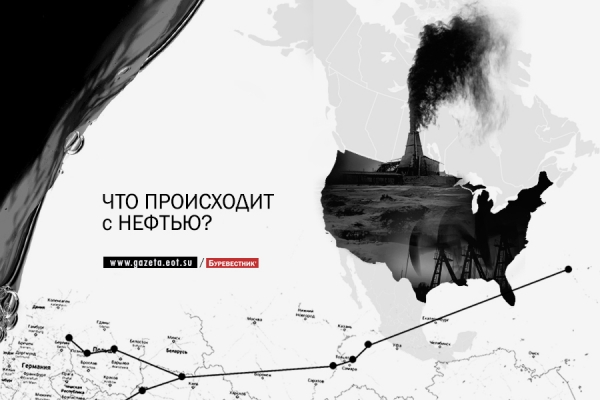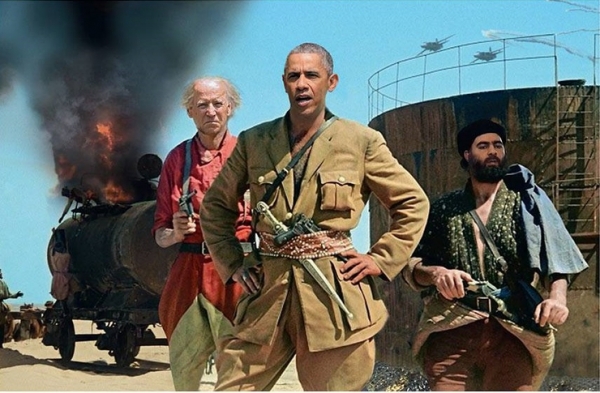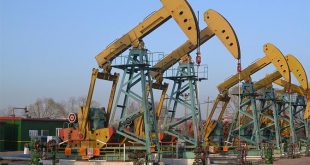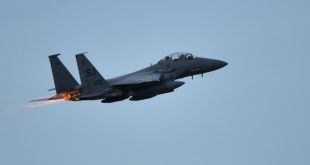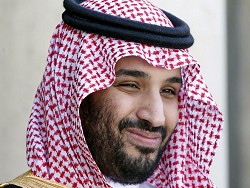
The agreement to freeze oil production could disrupt the Saudi Minister of defense, Deputy crown Prince Mohammed bin Salman. It is not excluded that we are talking about a split among the Saudi elite. Venezuelan President Nicolas Maduro accused of trying to disrupt the U.S. agreement. Has repeatedly put forward the theory that the United States and Saudi Arabia jointly trying to bring down oil prices to strike at the Russian economy. However, the value of this kind of oil conspiracy is now in doubt.
Negotiations on the freezing of oil production, failed Wednesday, were thwarted by the Deputy crown Prince of Saudi Arabia Mohammed bin Salman. On Tuesday according to Financial Times.
According to the newspaper, Mohammed bin Salman (which, by the way, the SA Minister of defence and head of the Council on economic Affairs and development) has even tried to revoke Saudi delegation from Qatar’s capital Doha, where negotiations on freezing. The delegation of Saudi Arabia headed by Minister of oil of Saudi Arabia Ali al-Naimi, has remained in Doha, but the talks eventually fell through anyway.
As said later, the oil Minister of Venezuela, Eulogio del Pino, in Doha it seemed that the Saudi delegation has no authority.
The head of the Russian Ministry of energy Alexander Novak on Monday in an interview with NTV also said that the negotiations failed “because of Saudi Arabia and several Persian Gulf countries”.
In this case it is Saudi Arabia, along with Russia, Qatar and Venezuela, initiated the idea of freezing the production. Four countries held their first negotiations in mid-February. However, later the Saudis said that they will not fix production, if the initiative will not be joined by all producers, first and foremost Iran.
And said this Mohammed bin Salman.
Iran, who declared the halt of production should help the market, he turned it down, arguing that during the period of sanctions the US and EU (they have been cancelled only 16 of January) the pace of oil production in the country fell and Iran need to reach desanctions level (about 4 million barrels per day), before you raise the issue about the freezing.
By the way, on Tuesday the Islamic Republic of Iran stated that 4 million barrels per day production in the country will be by the end of June. It is planned for June next OPEC session, which again will raise the issue of freezing the production.
However, even before the Doha meeting, there was information that Russia managed to persuade Saudi Arabia not to look at Iran in the matter of fixation of production. But the messages were informal, with reference to a diplomatic source. Officially, the parties only confirmed the fact of preliminary negotiations.
The head of the national energy security Fund Konstantin Simonov believes that the dual position of Saudi Arabia, resulting in the failure of the talks, can be explained by the conflict within the Saudi elite. Indirectly confirms this version of the fact that freezing the prey suddenly began to engage the Minister of defence SA.
“In addition, in OPEC, the Saudis are the leaders, but in a new format for agreements with Russia, they’d have to “move up”, — said the head of the NESF.
A few days before the meeting, in Qatar Venezuelan President Nicolas Maduro said that the collapse of the talks the United States is interested, which put the pressure on OPEC countries. According to Maduro, the U.S. is “obsessed” with respect to Venezuela, Russia and personally Russian President Vladimir Putin. And purpose of America as stated Maduro, is to prevent the stabilization of the oil market.
In 2014 (and later in 2015) has repeatedly put forward the version according to which the US and Saudi Arabia are in an Alliance against Russia, trying to bring down the Russian economy using the low oil prices. However, there was another scenario: plays down Saudi Arabia, and the purpose here is not so much Russia, how many American projects for the extraction of shale oil.
In fact, the Saudis more than once openly declared that their goal is to squeeze out of the market high-cost oil projects (though here called the Saudis and Russia).
The last time oil Minister of Saudi Arabia Ali al-Naimi said that in late February, after SA, Russia, Qatar and Venezuela have agreed to freeze production.
By the way, Saudi Arabia resorted to dumping by providing discounts for their customers (primarily in the Asia-Pacific region). If in November and December of last year, the Saudis provided a permanent discount of $0.5 per barrel, in January it was $0,6, and in February — already $1 per barrel. And only in March, CA announced an increase in prices for its oil.
It is also believed that CA as the leader of OPEC lobbied for the preservation of level of extraction of cartel in December last year, which inflicted an additional blow to the prices. Konstantin Simonov believes both conspiracy theories untenable. Primarily because of strained relations between Americans and Saudis. Last extremely dissatisfied, in particular, the lifting of sanctions with Iran. In addition now America is trying to prove the involvement of Saudi Arabia in the attacks of September 11, 2001. The Arabs in response threatened to sell U.S. securities by $750 billion, which will bring down the market.
In addition, according to Simon, if the States wanted to bring down the price of oil, the allies, they did not need to be.
At the disposal of America’s best weapons — massive amounts of speculative money, which you can pull from the oil futures market, or, conversely, to dispatch, thus manipulating oil prices.
It should be noted that the Federal reserve is in no hurry to raise the interest rates that strengthened the dollar and reduced oil prices.
As for the idea that the Saudis are trying to destroy the American shale industry, it is also not tenable. “Right now the prices for shale oil below the cost of production on many projects, — the head of the NESF. — However, production in the U.S. is declining much slower than it would be if it were determined solely by market conditions.”
Here’s all about credit resource for shale producers. Almost all of the projects on extraction “oil shale” in the USA is already highly leveraged, but they still continue to lend.


